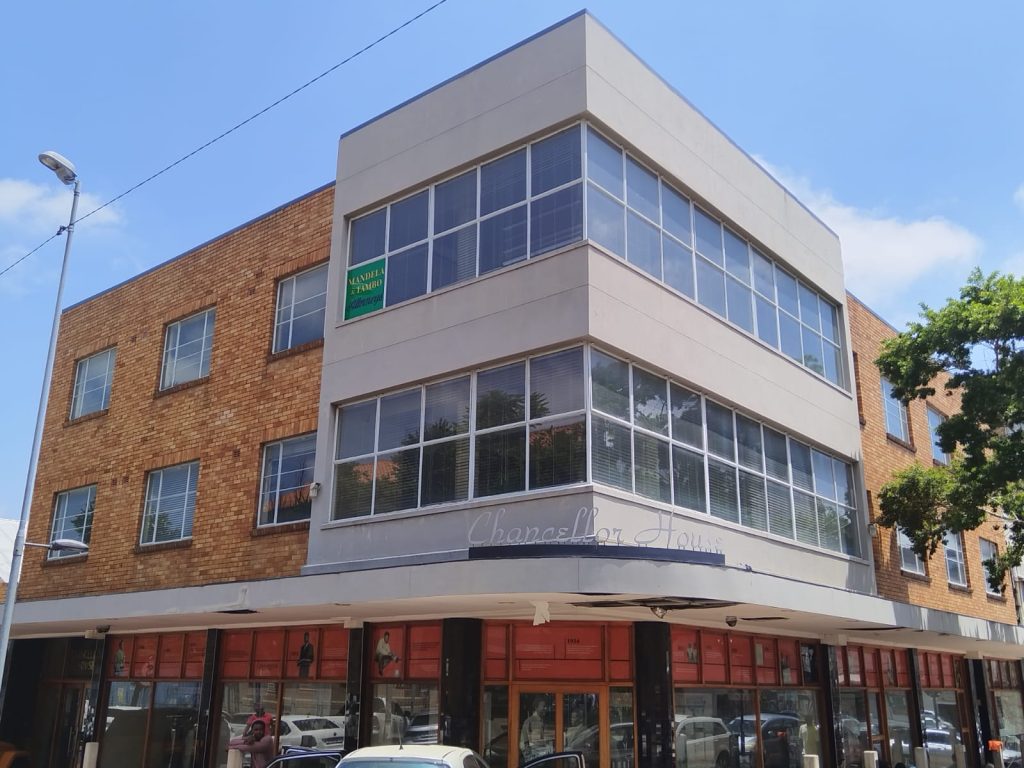
Commissioned by the JDA as part of the inner city regeneration project for the 2010 World Cup. The cows add a contrasting element to the environment, which is mainly used as a busy transport hub.
Cows have an important place within most South African societies and cultures, and speak to the longing of migrants for a distant rural home. Kwena Jacob Ramaboya, a team member who assisted the mosaics on the cows said that many people commuting the area had cows in their home areas and each would call them ‘The Cows’ by different names in their home languages, such as eNkomeni (isiZulu) and Dikgomong (seSotho). Jakes also said that when working on the cows people would stop and ask questions and they came to love the artworks.
Seven life-size mosaic cows distributed across the square. The cows consist of steel frames shaped with chicken wire and covered in concrete. Some of the cows were tiled in mosaics where the budget allowed.
Commissioned by the JDA as part of the inner city regeneration project for the 2010 World Cup. The cows add a contrasting element to the environment, which is mainly used as a busy transport hub.
Cows have an important place within most South African societies and cultures, and speak to the longing of migrants for a distant rural home. Kwena Jacob Ramaboya, a team member who assisted the mosaics on the cows said that many people commuting the area had cows in their home areas and each would call them ‘The Cows’ by different names in their home languages, such as eNkomeni (isiZulu) and Dikgomong (seSotho). Jakes also said that when working on the cows people would stop and ask questions and they came to love the artworks.

A culmination of research gathered over many years, the Online Johannesburg Heritage Register is being launched on Nelson Mandela Day 18 July 2025.
Among the many heritage sites featured is Chancellor House, the downtown offices of Mandela and Tambo Attorneys in the 1950s. After having been vacant and shuttered for more than a decade, this iconic building is being revived and brought to life once again as offices for the Community Development Department, which oversees the City’s Arts, Culture & Heritage Services.